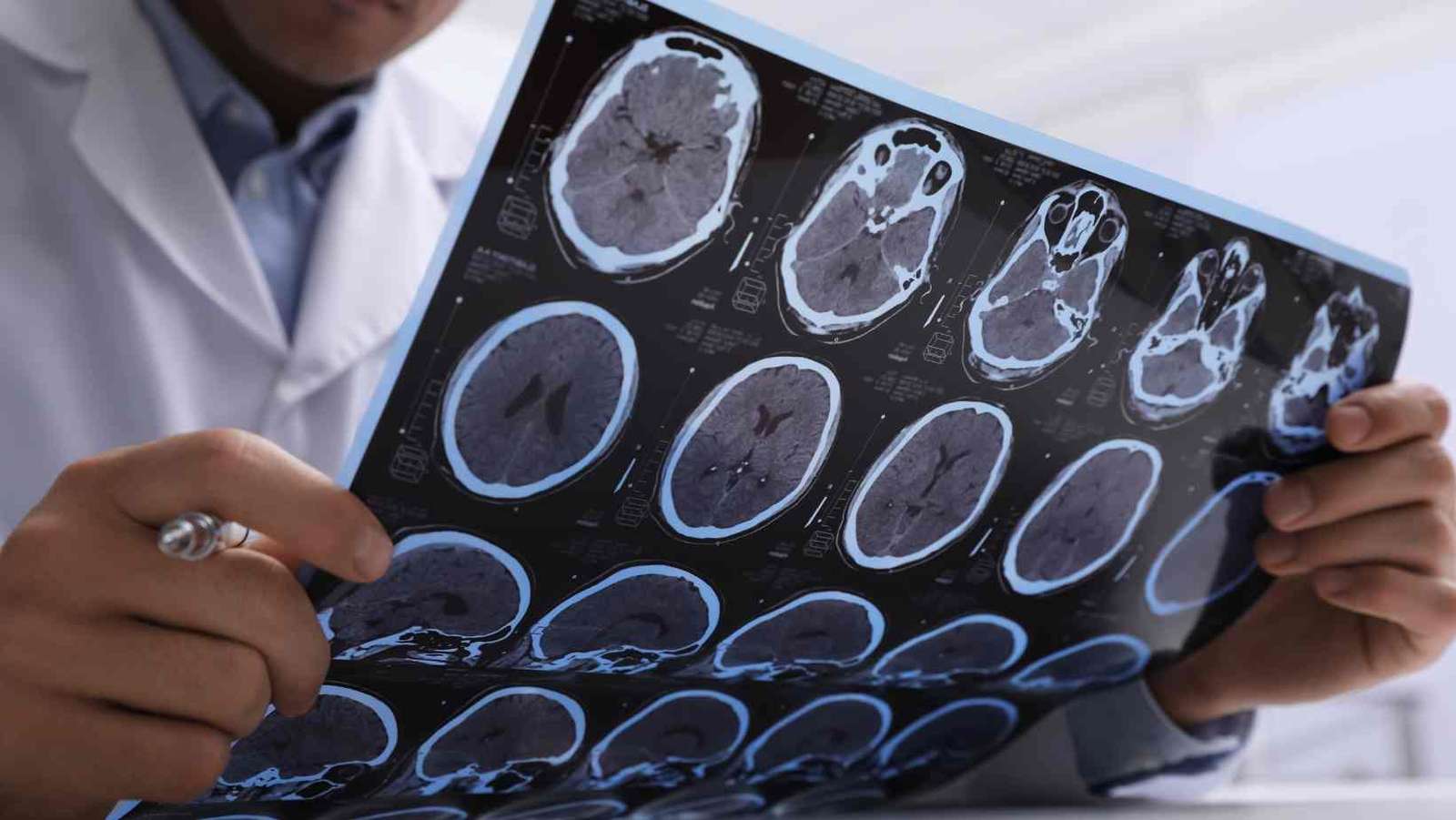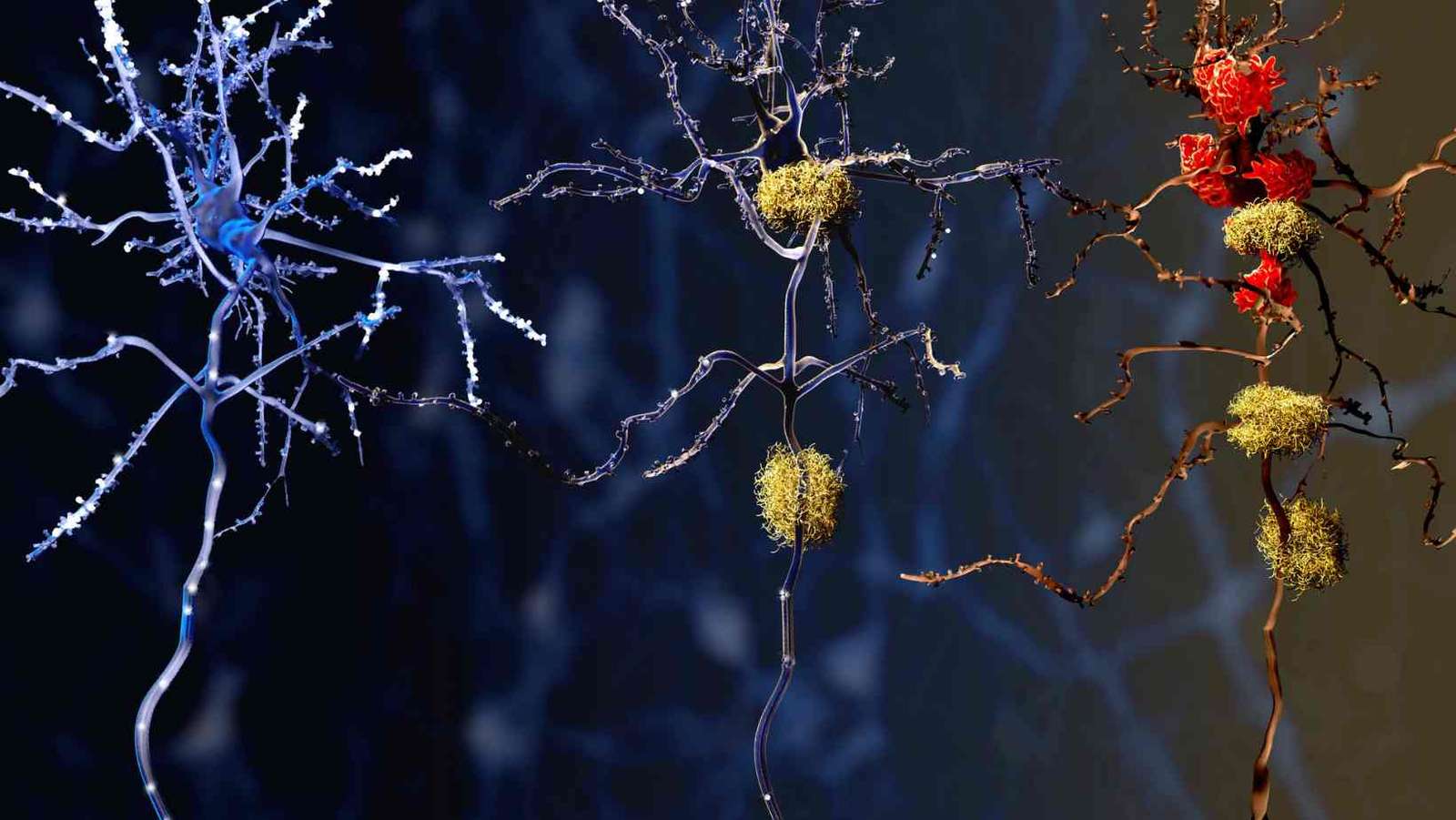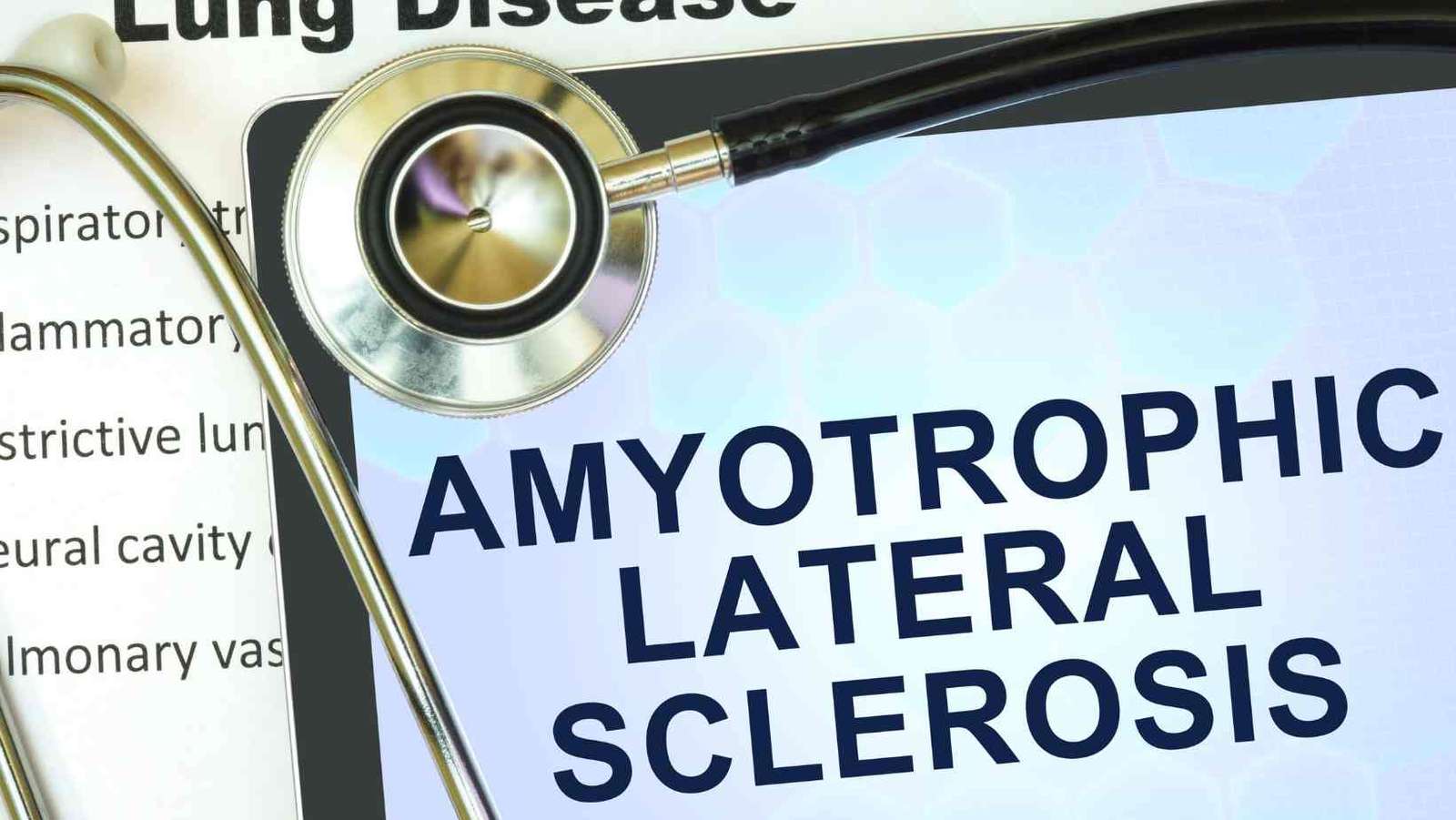While there’s no cure for ALS yet, there are treatments and medicines that can make life easier for those who have it. Let’s look at the options that are available.
Table of Contents
ToggleMedicines for Amyotrophic Lateral Sclerosis Treatment
Riluzole is a medicine that doctors often recommend to people with Amyotrophic Lateral Sclerosis ALS, which is a disease that affects muscle movement.
Approved by Experts: In 1995, US FDA, said it was safe to use.
How Riluzole Works ?
- Fights a Brain Chemical: In ALS, there’s a brain chemical called glutamate that can harm nerves. Riluzole helps to stop glutamate from doing this damage.
- Works in Three Ways: It slows down the release of glutamate, blocks some brain signals, and changes how nerves handle electricity.
- Still a Mystery: Even though it helps, doctors are still trying to fully understand how exactly Riluzole works in ALS.
- Taking the Medicine: It’s a pill that people take every day.
Riluzole’s Impact on ALS
- Riluzole is particularly helpful for people with ALS, especially in the early stages of the disease. Here’s a quick summary of its benefits based on research:
Who Benefits Most: It’s most effective for those with definite or probable ALS, symptoms for less than five years, good lung function (FVC >60%), and no tracheostomy ( procedure where a hole is created in throat to breathe).
Research Findings
- First Trial: In a study of 155 patients, those taking Riluzole had a higher survival rate at 12 months compared to those not taking it (74% vs. 58%). For patients with bulbar-onset ALS, the survival benefit was even more significant.(1)
- Second Trial: In a larger study with 959 patients, Riluzole again showed a higher survival rate without tracheostomy after 18 months compared to those not taking it.(2)
Edaravone is another medicine used to treat people with ALS. Here’s what you need to know:
What is Edaravone?
It’s a medicine that fights against something called oxidative stress, which can harm nerve cells in ALS patients.
- How It Helps: Edaravone is thought to slow down the worsening of ALS, especially in the early stages of the disease.
Approval: It was approved in Japan and Korea first, and then by the United States Food and Drug Administration (FDA) in 2017 for all ALS patients.
Research on Edaravone
- Clinical Trials: Studies were done to see how well Edaravone works.
- First Study Findings: In a 24-week trial with 206 ALS patients, the benefit of Edaravone wasn’t clear at first, but later analysis showed it helped certain patients more, especially those in early stages of ALS.(3)
- Second Study Findings: Another study with 137 patients showed that Edaravone slowed down the disease’s progress by about 33% in patients with early-stage ALS.(4)
Sodium Phenybutyrate-Taurursodiol for ALS Treatment (5)
Sodium Phenybutyrate-Taurursodiol, also known as PB-TURSO, is a newer treatment for ALS. Let’s break down what it is and how it helps:
What are These Medicines?

- Sodium Phenybutyrate: This part of the medicine helps reduce stress in a part of the cell called the endoplasmic reticulum.
- Taurursodiol: This component helps keep cells alive longer by protecting a part of the cell called the mitochondria, which is like the cell’s power source.
Combined Effects in PB-TURSO - Reducing Neuronal Cell Death: When these two are put together in PB-TURSO, they work to slow down the death of nerve cells.
Approval and Use - Recommended for All ALS Patients: Doctors suggest PB-TURSO for anyone with ALS.
- Slows Down Disease Progression: Studies have shown that it can slow the worsening of Amyotrophic Lateral Sclerosis Symptoms.
- Approval Status: It was approved in Canada in June 2022 and by the FDA in the United States for all ALS patients in September 2022.
- Tofersen: A Targeted Treatment for SOD1-Associated ALS
Tofersen is a specialized treatment for a specific type of ALS known as SOD1-associated ALS. Here’s a simple explanation:
What is SOD1-Associated ALS?
- Genetic Link: About 15% of familial ALS cases are linked to changes in a gene called SOD1.
- Protein Problems: These genetic changes lead to issues with protein folding, causing problems in nerve cells.
How Does Tofersen Work?
- Gene-Silencing Therapy: Tofersen uses a special technique called antisense oligonucleotide. This therapy targets the genetic messages (mRNA) that create the SOD1 protein, reducing its production.
- Focusing on the Cause: By targeting the SOD1 gene, Tofersen directly addresses the root cause of this type of ALS.
Approval and Use
- Specific for SOD1 ALS: Tofersen is suggested for ALS patients who have these specific genetic changes in SOD1.
FDA Approval: In April 2023, the United States Food and Drug Association (FDA) approved Tofersen for use in patients with ALS linked to SOD1 pathogenic variants.
Supportive Medications
1. For Muscle Problems
- Muscle Relaxants: These help when muscles get stiff or have spasms (sudden tightness).
Examples: Baclofen and Tizanidine are common ones.
2. For Trouble Swallowing
- Thickening Powders: Added to drinks to make them easier to swallow.
- Diet Changes: Eating softer foods that are easier to chew and swallow.
3. For Breathing Issues
- Cough Assistants: Machines to help people cough and breathe easier.
- Breathing Machines: Sometimes people need a little help to breathe, especially at night.
4. For Emotional Changes
- Antidepressants: These help if someone feels very sad or worried because of ALS.
- Counseling: Talking to a therapist can also make a big difference.
5. Other Important Parts of Treatment
Physical Therapy
- Exercises: Gentle activities to keep muscles as strong as possible.
- Stretches: To keep muscles flexible and prevent stiffness.
Occupational Therapy
- Learning New Ways: Finding different ways to do everyday tasks like dressing or eating.
- Using Tools: Special equipment to make life easier, like grabbers to pick things up.
Speech Therapy
- Speaking Exercises: To keep talking as clear as possible for as long as possible.
- Alternative Communication: Learning to use computers or boards to communicate when speaking gets tough.
Nutritional Support
- Healthy Eating Plans: Making sure people with ALS get the right kind of foods to stay strong.
- Feeding Tubes: In later stages, some people might need tubes to help them eat.
Emotional and Social Support
- Support Groups: Meeting other people with ALS to share stories and tips.
- Family Support: Helping families understand ALS and how to care for their loved ones.
Conclusion
While ALS is a tough disease, these treatments and supportive care can make a big difference. Neurologists, therapists, and scientists are working hard to find even better ways to help people with ALS. Remember, every person with ALS is different, so their treatment will be unique to them. It’s all about making life as comfortable and enjoyable as possible.
References
- Bensimon G, Lacomblez L, Meininger V. A controlled trial of riluzole in amyotrophic lateral sclerosis. ALS/Riluzole Study Group. N Engl J Med. 1994 Mar 3;330(9):585-91. doi: 10.1056/NEJM199403033300901. PMID: 8302340.
- Lacomblez L, Bensimon G, Leigh PN, Guillet P, Meininger V. Dose-ranging study of riluzole in amyotrophic lateral sclerosis. Amyotrophic Lateral Sclerosis/Riluzole Study Group II. Lancet. 1996 May 25;347(9013):1425-31. doi: 10.1016/s0140-6736(96)91680-3. PMID: 8676624.
- Writing Group; Edaravone (MCI-186) ALS 19 Study Group. Safety and efficacy of edaravone in well defined patients with amyotrophic lateral sclerosis: a randomised, double-blind, placebo-controlled trial. Lancet Neurol. 2017 Jul;16(7):505-512. doi: 10.1016/S1474-4422(17)30115-1. Epub 2017 May 15. PMID: 28522181.
- Abe K, Itoyama Y, Sobue G, Tsuji S, Aoki M, Doyu M, Hamada C, Kondo K, Yoneoka T, Akimoto M, Yoshino H; Edaravone ALS Study Group. Confirmatory double-blind, parallel-group, placebo-controlled study of efficacy and safety of edaravone (MCI-186) in amyotrophic lateral sclerosis patients. Amyotroph Lateral Scler Frontotemporal Degener. 2014 Dec;15(7-8):610-7. doi: 10.3109/21678421.2014.959024. Epub 2014 Oct 6. PMID: 25286015; PMCID: PMC4266079.
- Paganoni S, Macklin EA, Hendrix S, Berry JD, Elliott MA, Maiser S, Karam C, Caress JB, Owegi MA, Quick A, Wymer J, Goutman SA, Heitzman D, Heiman-Patterson T, Jackson CE, Quinn C, Rothstein JD, Kasarskis EJ, Katz J, Jenkins L, Ladha S, Miller TM, Scelsa SN, Vu TH, Fournier CN, Glass JD, Johnson KM, Swenson A, Goyal NA, Pattee GL, Andres PL, Babu S, Chase M, Dagostino D, Dickson SP, Ellison N, Hall M, Hendrix K, Kittle G, McGovern M, Ostrow J, Pothier L, Randall R, Shefner JM, Sherman AV, Tustison E, Vigneswaran P, Walker J, Yu H, Chan J, Wittes J, Cohen J, Klee J, Leslie K, Tanzi RE, Gilbert W, Yeramian PD, Schoenfeld D, Cudkowicz ME. Trial of Sodium Phenylbutyrate-Taurursodiol for Amyotrophic Lateral Sclerosis. N Engl J Med. 2020 Sep 3;383(10):919-930. doi: 10.1056/NEJMoa1916945. PMID: 32877582; PMCID: PMC9134321.
- Abati E, Bresolin N, Comi G, Corti S. Silence superoxide dismutase 1 (SOD1): a promising therapeutic target for amyotrophic lateral sclerosis (ALS). Expert Opin Ther Targets. 2020 Apr;24(4):295-310. doi: 10.1080/14728222.2020.1738390. Epub 2020 Mar 14. PMID: 32125907.

This article is medically reviewed by Dr. Chandril Chugh, Board-Certified Neurologist, providing expert insights and reliable health information.
→ Book a consultation to discover which remedies suit your needs best.
About Author | Instagram | YouTube | Linkedin




